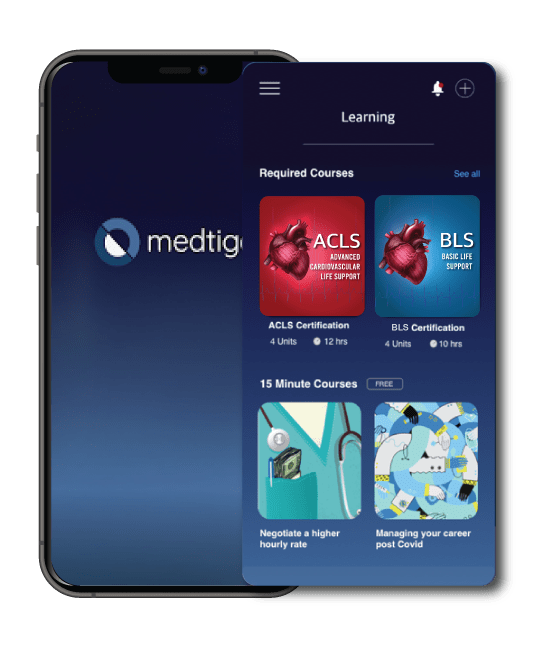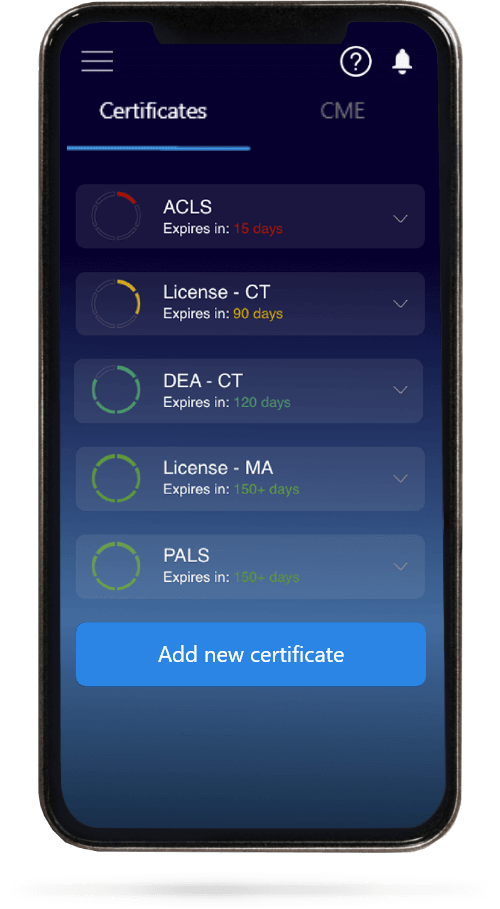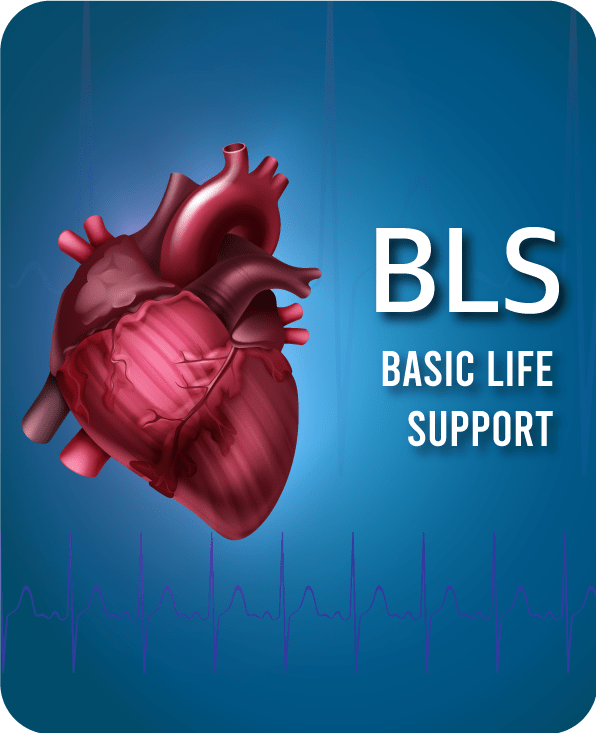Can Extra Weekend Sleep Improve Glucose Health? What Researchers Found
March 4, 2026
Background
Epidemiology
Anatomy
Pathophysiology
Etiology
Genetics
Prognostic Factors
Clinical History
Physical Examination
Age group
Associated comorbidity
Associated activity
Acuity of presentation
Differential Diagnoses
Laboratory Studies
Imaging Studies
Procedures
Histologic Findings
Staging
Treatment Paradigm
by Stage
by Modality
Chemotherapy
Radiation Therapy
Surgical Interventions
Hormone Therapy
Immunotherapy
Hyperthermia
Photodynamic Therapy
Stem Cell Transplant
Targeted Therapy
Palliative Care
Medication
CAPSULES, ORAL SOLUTION:
In combination with peginterferon alfa-2b:
weight < 66 kg: 400 mg orally two times a day
weight 66-80 kg: 400 mg PO (morning) and 600 mg (evening)
weight 81-105 kg: 600 mg orally two times a day
weight > 105 kg: 600 mg PO (morning) and 800 mg (evening)
In combination with interferon alfa-2b:
weight < 75 kg: 400 mg PO (morning) and 600 mg (evening)
weight >75 kg: 600 mg orally two times a day
Suggested Treatment Regimen and Duration:
Patients with HCV genotype one infection who have had no or little therapy:
simeprevir along with sofosbuvir for 12 weeks in the absence of cirrhosis
simeprevir and sofosbuvir for 24 weeks if you have compensated cirrhosis (Child-Pugh A)
Note: For more than a year, Olysio pills have been withdrawn in the United States
Chronic hepatitis C, genotype 1
Patients in Child-Pugh class A (cirrhosis compensated or absent)- For 12 weeks, take 60 mg of sofosbuvir once a day.
Patients with decompensated cirrhosis (Child-Pugh class B or C) or those who recently had a liver transplant: Take 60 mg of sofosbuvir and ribavirin once daily for 12 weeks.
Chronic hepatitis C, genotype 3
Patients without cirrhosis should take sofosbuvir along with 60 mg once a day for 12 weeks.
Patients with compensated (Child-Pugh class A), decompensated (Child-Pugh classes B or C), or post–liver transplant cirrhosis: Administer 60 mg daily once with sofosbuvir and ribavirin for twelve weeks.
Take a dose of 800 mg orally thrice daily (with a gap of 7 to 9 hours between each dose) along with meal
ombitasvir, paritaprevir, ritonavir, and dasabuvir
Indicated for Chronic hepatitis C
Genotype 1a:
ombitasvir, ritonavir, paritaprevir: Two tablets of 12.5 mg of ombitasvir, 50 mg of ritonavir, 75 mg of paritaprevir every day in the morning for nearly 12 weeks (i.e., without cirrhosis) or for 24 weeks (i.e., with the compensated cirrhosis)
dasabuvir: 1 tablet of 250 mg of dasabuvir two times a day for nearly 12 weeks (i.e., without cirrhosis) or for 24 weeks (i.e., with the compensated cirrhosis)
Genotype 1b, with the compensated cirrhosis /without cirrhosis:
ombitasvir, ritonavir, paritaprevir: Two tablets of 12.5 mg of ombitasvir, 50 mg of ritonavir, and 75 mg of paritaprevir every day in the morning for nearly 12 weeks
dasabuvir: 1 tablet 250 mg of dasabuvir two times a day for nearly 12 weeks
1125
mg
Tablet
Orally
twice a day
telaprevir is used in combination with ribavirin and peginterferon for 12weeks
Useful for treating long-term hepatitis C
For individuals suffering from chronic hepatitis C genotype 1 or 4 (without or with compensated cirrhosis), the recommended course of action is 100 mg twice daily via oral administration in conjunction with either daclatasvir or ribavirin, peginterferon alfa, and daclatasvir for a duration of 24 weeks.
Dosage missed: When a dose is more than eight hours away, skip it. when it is less than eight hours away, take the missed dose and go back to your regular dosing plan. It is not advised to change, discontinue, or interrupt the dose. For information on dose adjustments, see the comprehensive product guidelines for ribavirin and peginterferon alfa
Dose Adjustments
Renal dose adjustment
100 mg twice daily in hemodialysis patients
If CrCl is below 30 mL/min, then the renal dose adjustment is 100 mg daily, one time
Alternative treatment regimens:
Genotype 1
Simeprevir- 150mg per day for 12 weeks, along with a combination of peginterferon alfa-2b and ribavirin for 24 weeks
Genotype 3
Sofosbuvir, along with a combination of peginterferon alfa-2b and ribavirin for 12 weeks
Genotype 4
150mg per day for 12 weeks, along with a combination of peginterferon alfa-2b and ribav:
Combination therapy:
Genotypes 1, 4, 5, or 6
Optimal regimen: Peginterferon alfa 2b+ ribavarin+ sofosbuvir
1.5mcg/kg subcutaneous weekly once along with ribavirin 1000-1200mg orally per day and sofosbuvir 400mg orally once daily
Note: do not exceed the dose of peginterferon alfa 2b to 150mcg per week
Treatment-naive patients: treated for 12 weeks
Treatment with peginterferon alfa- 2b and ribavirin may be extended to 24 weeks for those who don't respond
If the CrCl is ≤ 50 mL per minute, the dose of ribavirin should be reduced
Dose Adjustments
Renal dose adjustments
Patients receiving alpha interferons for chronic hepatitis C are advised to reduce their dosage by 25% and 50%, respectively, if they have moderate or severe renal dysfunction.
If CrCl is 30-50ml/min, reduce the dose to 25%
If CrCl is 10-29ml/min, reduce the dose to 50%
It has not been investigated how different levels of renal impairment affect peginterferon alfa-2b pharmacokinetics at the suggested doses of 3 mcg/kg or six mcg/kg for melanoma patients.
Hepatic dose adjustments:
Patients with known melanoma and hepatic impairment who are receiving treatment for viral hepatitis should not receive peginterferon alfa-2b because it has not been studied in this population; patients with moderate to severe hepatic impairment (Child-Pugh scores >6) should not receive peginterferon alfa-2b
If hepatic decompensation (Child-Pugh scores >6) develops while on Sylatron, stop the medication.
Monotherapy
9mcg subcutaneous injection thrice a week for 24 weeks
For patients who responded to prior interferon therapy but did not respond or relapse after it was stopped, a 15 mcg subcutaneous injection thrice a week for up to 48 weeks is the recommended dose of interferon alfacon-1 monotherapy
Combination therapy
15mcg subcutaneous injection of interferon alfacon-1 once daily along with 1000- 1200mg ribavirin orally in two doses upto 48 weeks
Note: In patients with Crcl<50ml/min. ribavirin is not recommended
3MU subcutaneous or intramuscular, thrice daily for up to 48 weeks
sofosbuvir, velpatasvir and voxilaprevir
1 tablet (400mg/100mg/100mg-sofosbuvir/velpatasvir/voxilaprevir) orally every Day for 12 weeks
Dose Adjustments
Hepatic impairment
Mild (Child-Pugh A): dosage adjustment is not required
Moderate or severe (Child-Pugh B or C): Not recommended
Renal impairment
Mild, moderate, or severe, including ESRD requiring dialysis: dosage adjustment is not recommended
1125
mg
Tablet
Orally
twice a day
Note: telaprevir is used in combination with ribavirin and peginterferon for 12weeks
Administer dose of 3 million units intramuscularly or subcutaneously 3 times per week for16 weeks
1.6mg subcutaneously two times a week
For patients less than 40kgs- 40mcg/kg
Note: this can be used with interferon for chronic hepatitis C
Age: > 3 years
In combination with peginterferon alfa-2b or interferon alfa-2b: 15 mg/kg orally per day in 2 divided doses
Ribavirin dosages according to weight:
<47 kg: 15 mg/kg orally per day in 2 divided doses
47 -59 kg: 400 mg orally twice a day
60-73 kg: 400 mg orally in the morning and 600 mg in the evening
>73 kg: 600 mg orally twice a day
For children under three years:
Safety study not established
For children of 3- 17 years of age:
60mcg/m2 , subcutaneous every week in combination with ribavirin (15 mg/kg) orally once a day divided into two doses
Note: administer ribavirin on the same day of giving Peginterferon alfa-2b
Future Trends
References

Both our subscription plans include Free CME/CPD AMA PRA Category 1 credits.

On course completion, you will receive a full-sized presentation quality digital certificate.
A dynamic medical simulation platform designed to train healthcare professionals and students to effectively run code situations through an immersive hands-on experience in a live, interactive 3D environment.

When you have your licenses, certificates and CMEs in one place, it's easier to track your career growth. You can easily share these with hospitals as well, using your medtigo app.




